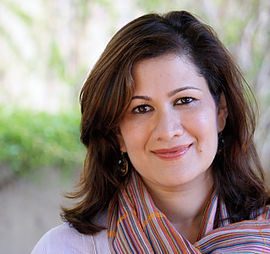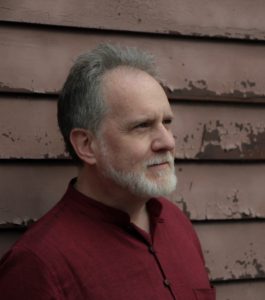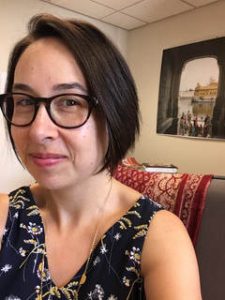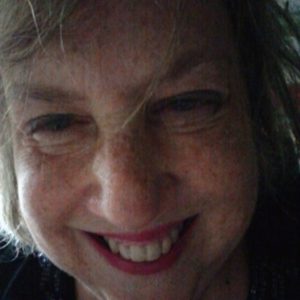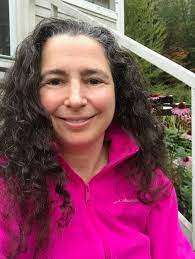Nancy Mitchell (Poetry ’91) recently interviewed poetry faculty member Dana Levin for Plume. Read an excerpt of their conversation below:
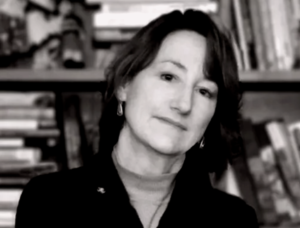
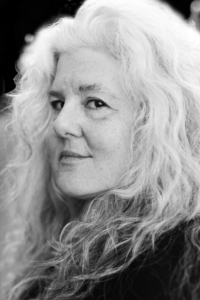
A Conversation with Nancy Mitchell and Dana Levin
NM: The title of the book, Now Do You know Where You Are, is taken from lines in Deepstep Come Shining, by the late C.D. Wright. In the title poem, you hear this phrase as a call to WAKE UP, Get your bearings, Hear the trees. What exactly was it about the momentary age of Trump that this call became an urgent command with a new ring of sound?
DL: It was uncanny, the way that phrase—now do you know where you are —ran through my head for months in the wake of the 2016 election. Wright had died at the start of that pivotal year, and it felt like visitation and instruction, hearing that phrase over and over post November. I think my book is driven by this call to wake up to where we are, as a nation, to where I am, as a poet, a citizen, a human—to not fall asleep to peril, which in America has to do with the fragility of our democratic processes and the rise to power of the country’s most violent, bigoted, and corrupt qualities; and peril in the self, where these corrupt qualities are harbored.
NM: This collection of poems chronicles a fervent quest to locate yourself in coordinates, the intersection where external forces meet history and place, where the soul and the body pressed against and into one another.
DL: Yes, the need to get located was profound for me after Trump’s election. In 2017 I found myself traveling through concentric circles of change. I was readying to leave Santa Fe, NM after nineteen years, to move to Saint Louis, a place I knew very little about, beyond Hollywood movies and Michael Brown’s death in 2014 at the hands of police in nearby Ferguson, the protests his death had sparked. I felt as though I was about to move to the navel of the nation: Saint Louis, source of so many American gifts and grotesqueries. Trump’s election and the hostilities it condoned also made me deeply afraid, as a Jew—a feeling shocking and new to me, though familiar to so many. Intellectually, I’d always understood antisemitism as a threat, but in 2017 that threat stopped being purely conceptual for me. My assumption of personal liberty, which I had always had the privilege to imagine strong, began to fray. Of course, that assumption has always been an illusion, but the American mythos of personal freedom carried me along for a long time. It was startling to discover how much I had internalized that mythos: me, a woman, a Jew, a daughter of immigrants, a poet!
Read this conversation in its entirety here: https://plumepoetry.com/d-lev-messenger/
